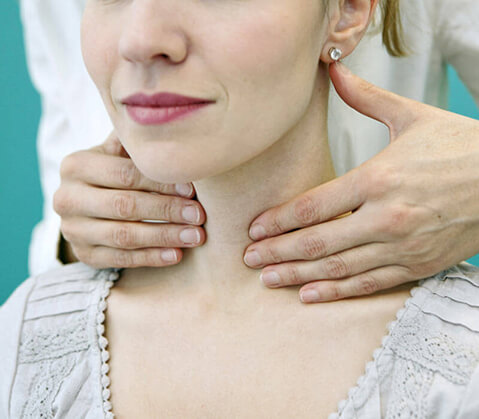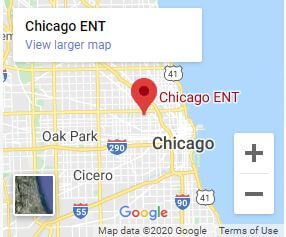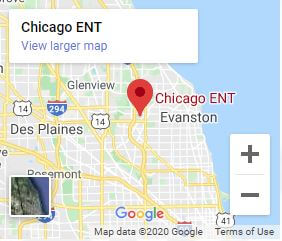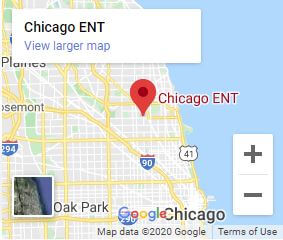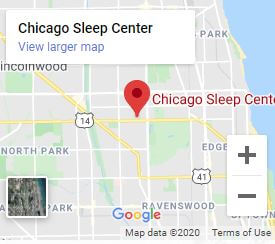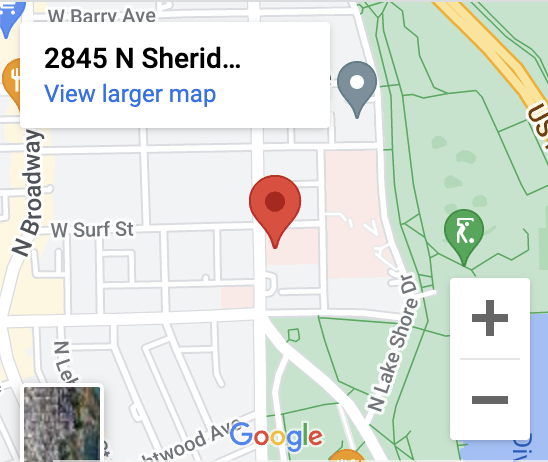Women and Sleep Apnea
When we think about someone suffering with obstructive sleep apnea (OSA), we often picture an older, heavyset male with a thick neckline and a ground-shaking snore. While this mental picture fits the medical description of a patient suffering from sleep apnea, it by no means paints the complete picture of most sleep apnea suffers.
Sleep apnea occurs when a person’s breathing is interrupted during sleep. A person can have one or more pauses in breathing or shallow breaths while they sleep. Breathing pauses can last from a few seconds to minutes. This may occur more than 30 times during a one-hour period. In addition, the brain will sense low levels of oxygen and high levels of carbon dioxide and immediately send an emergency signal that will make the person gasp for air. Sleep apnea is the root cause of most daytime tiredness and inability to function or concentrate.
Sleep apnea is not gender, race, or age specific. Sleep apnea can affect young children as well as older males and females. In fact, many patients may not have the common symptoms associated with sleep apnea. Women are more likely to go undiagnosed because their symptoms are much different than men. Women with sleep apnea do not tend to snore while men do. In addition, men who suffer from sleep apnea appear to have a much larger neck while women in general may not.
A recent study from the Journal of Clinical Sleep Medicine shows that women are more likely to have severe symptoms of depression, difficulty sleeping, and excessive daytime sleepiness. Women also showed a higher degree of difficulty concentrating and memory issues due to sleepiness or tiredness. The study also revealed that women felt the burden of their symptoms more than men.
Women are most likely to discuss their sleep problems and other symptoms associated with their primary care physician. Women are often given prescription medications to treat their underlying symptoms of sleep apnea (such as anxiety and depression) rather than conducting a sleep study.
Below are the most common misdiagnosed symptoms of sleep apnea in women.
• Insomnia
• Restless leg syndrome
• Lack of energy
• Mood Disturbances
• Memory or concentration issues
• Fatigue
• Depression/anxiety
• Daytime sleepiness
• Morning headaches
•Frequent urination at night
• Heartburn at night
• Night sweats
Coincidentally, pregnancy can also increase the risk of developing obstructive sleep apnea. Untreated OSA in pregnant women can lead to complications during pregnancy including high blood pressure, enlarged heart, pulmonary blood clots, more frequent preeclampsia, neonatal intensive care unit admissions, and cesarean delivery.
Women who present the above listed symptoms should seek the advice of a sleep specialist as well as their primary care physician. Their symptoms don’t fit the common sleep apnea patient profile and hence may be easily overlooked.
“Symptoms of sleep disorders in women manifest themselves in a remarkably different manner,” said Dr. Michael Friedman, medical director at Chicago ENT and Chicago Sleep Centers. “It is important to treat the patient as an individual and not a one-size-fits-all treatment plan. It is a good idea to consider a sleep study on any patient that is suffering from any of the above listed symptoms. If left untreated, sleep apnea can have deadly consequences,” said Dr. Friedman.
Chicago ENT offers world class, board-certified physicians in a comprehensive state-of-the-art environment. Chicago ENT and Sleep Center is accredited by the American Academy of Sleep Medicine (AASM). This accreditation assures the highest quality level of care by specially trained physicians and sleep technicians who rigorously follow evidence-based protocols for evaluating and treating sleep disorder patients.
Join thousands who have found relief and effective treatment options at Chicago ENT. Call 773-296-5500 for your one-on-one consultation with a world class and board-certified physicians or visit their website for more information at ChicagoENT.com





